The Proverbs of Hell 5/39: Coquilles
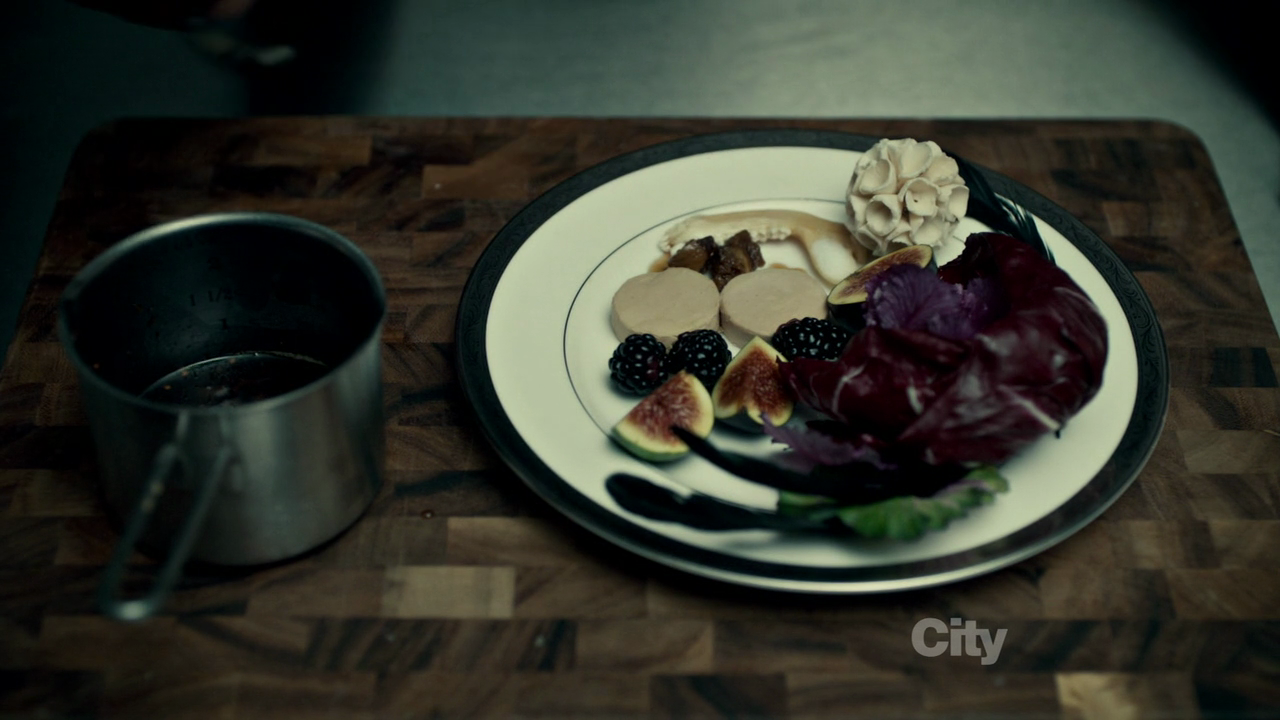 COQUILLES: Coquilles are shells, referring either to shellfish like oysters or to casseroles served in a shell-shaped dish. The poetic meaning would involve something about how people are just shells for the higher angelic spirit within. The crass (and likely intended) meaning is a visual pun based on what happens when you flay wings off of someone’s back.
COQUILLES: Coquilles are shells, referring either to shellfish like oysters or to casseroles served in a shell-shaped dish. The poetic meaning would involve something about how people are just shells for the higher angelic spirit within. The crass (and likely intended) meaning is a visual pun based on what happens when you flay wings off of someone’s back.
POLICE OFFICER: Do you have a history of sleepwalking, Mr. Graham?
WILL GRAHAM: I’m not even sure I’m awake now.
The best interpretation of this line, of course, is that even Will has noticed the weird way in which the sky moves at the wrong speed and fucking stags keep showing up, and has come to realize he lives his life in a strange and murderous dreamscape. Either way, though, he’s right.
HANNIBAL: I’d argue good old-fashioned post traumatic stress. Jack Crawford has gotten your hands very dirty.
WILL GRAHAM: Wasn’t forced back into the field.
HANNIBAL: I wouldn’t say forced. Manipulated would be the word I’d choose.
Manipulation is a vital yet inchoate topic in Hannibal, and this line sets up much, both about the next episode and about Jack. Later in the episode, as Jack tells Will that he’d feel guilty about all the murders he didn’t help stop if he returned to teaching (a statement designed in part to ensure he would), the blunt reality that Jack is an exceedingly manipulative man. This does not mean that his genial and reasonable persona is a facade – he is legitimately a good person who seeks to make the world a better place by preventing murders. But his goodness is ruthless, and he does not question it, which can and does prove tragic for those pulled along in its wake.
JACK CRAWFORD: Mr. and Mrs. Anderson according to the register. Mutilated, displayed. Thought it might be the Chesapeake Ripper but no surgical trophies were taken.
This marks the first mention of the Chesapeake Ripper, setting up “Entrée,” where that plot finally begins in earnest. This is a somewhat odd decision – this plot starts up early enough to have clearly been in mind all along, and yet it’s curiously and conspicuously absent from the initial setup, in ways that, through the first four episodes, actively fail to make sense. The biggest of these, of course, is a matter of narrative necessity – Will can’t make the obvious connection between the copycat killer and the Chesapeake Ripper because the end-of-season plot hinges on him not noticing it. Nevertheless, the fact that Will has clearly been consulted on this case at some point seems like something that should have come up in his early conversations with Jack.
JACK CRAWFORD: Who’s mocking who here?
WILL GRAHAM: He’s not mocking them. He’s transforming them.
Budish’s killings are a tacit mirror of Francis Dolarhyde’s, with the person being transformed through the acquisition of wings being the victim instead of the killer. Notably, where Dolarhyde seeks to transform into a demonic figure, Budish transforms his victims into angels, furthering the sense of him occupying the negative space around the absent (and as of yet unmentionable) Dolarhyde.…

 You were supposed to be getting another Shabcast – with another great guest – this week, but life had other plans. So, having staked everything on that, I am left without an essay to post. So you’ll have to make do with the third chapter of one of the novels I’m currently occasionally writing. Here are chapters
You were supposed to be getting another Shabcast – with another great guest – this week, but life had other plans. So, having staked everything on that, I am left without an essay to post. So you’ll have to make do with the third chapter of one of the novels I’m currently occasionally writing. Here are chapters 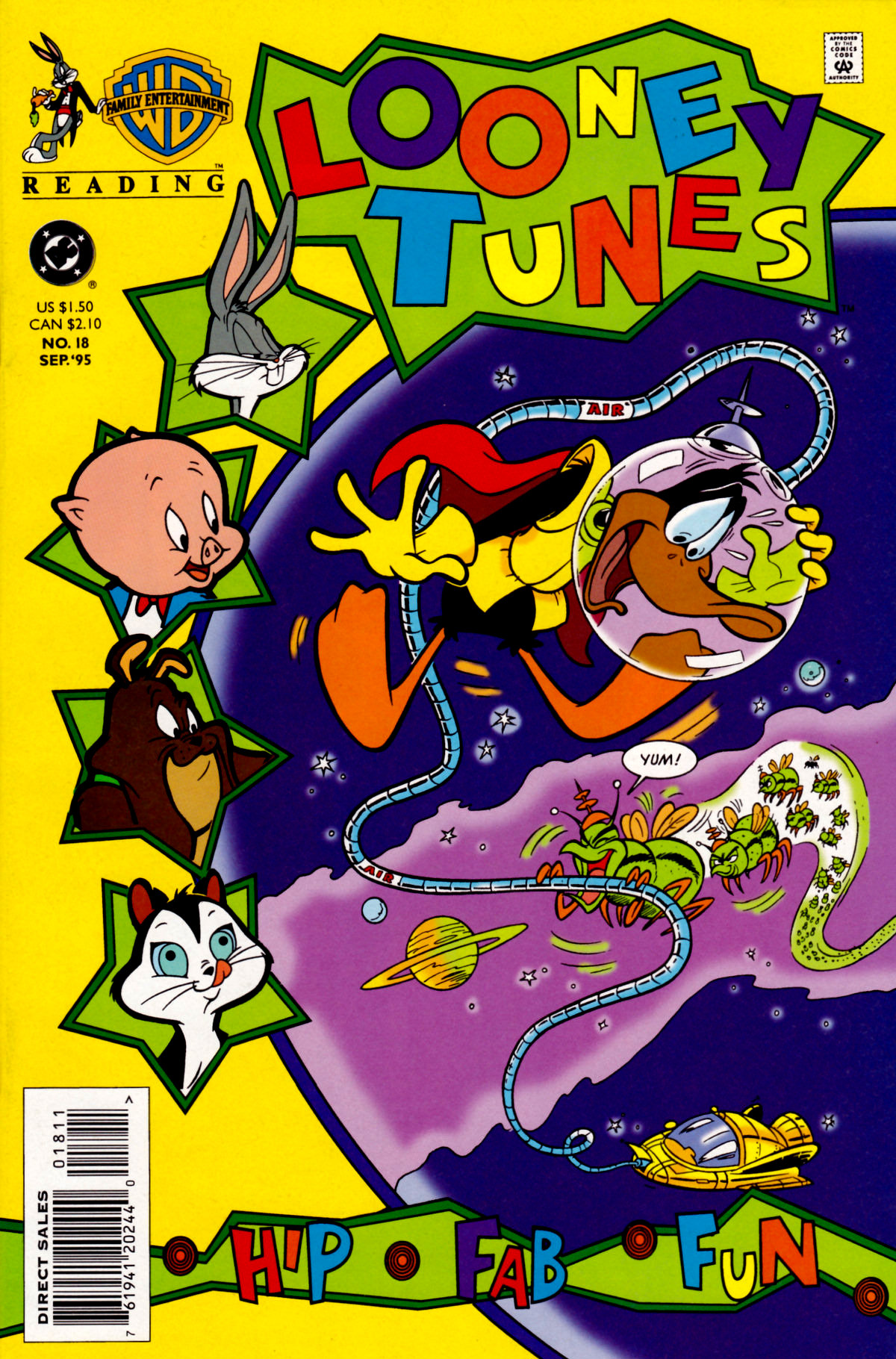 I’ve said before I’m no expert on comic books. I know I’ve spent basically the whole back half of this book talking almost exclusively about Star Trek comics, but Star Trek was an exception for me, like it was in a lot of other ways. My knowledge of the history of the medium and its important events and figures is functional at best, but, like a lot of people I should imagine, I did use to read them every now and again. Now I never read a ton of comics (at least, not US comics), but neither was Star Trek the only thing I followed in four colours at the time. I never read superhero comics (though I was aware of the characters from other media), but aside from Star Trek I did have a few books I kept an eye out for at the newsstand whenever I’d go shopping with my family. Probably unsurprisingly, they were all licensed titles: Archie Comics’ Scooby-Doo series, Gladstone Publishing’s reprints of Carl Barks’ Donald Duck and Uncle Scrooge stories, and a monthly book from DC Comics published under the Warner Brothers name based on Looney Tunes.
I’ve said before I’m no expert on comic books. I know I’ve spent basically the whole back half of this book talking almost exclusively about Star Trek comics, but Star Trek was an exception for me, like it was in a lot of other ways. My knowledge of the history of the medium and its important events and figures is functional at best, but, like a lot of people I should imagine, I did use to read them every now and again. Now I never read a ton of comics (at least, not US comics), but neither was Star Trek the only thing I followed in four colours at the time. I never read superhero comics (though I was aware of the characters from other media), but aside from Star Trek I did have a few books I kept an eye out for at the newsstand whenever I’d go shopping with my family. Probably unsurprisingly, they were all licensed titles: Archie Comics’ Scooby-Doo series, Gladstone Publishing’s reprints of Carl Barks’ Donald Duck and Uncle Scrooge stories, and a monthly book from DC Comics published under the Warner Brothers name based on Looney Tunes.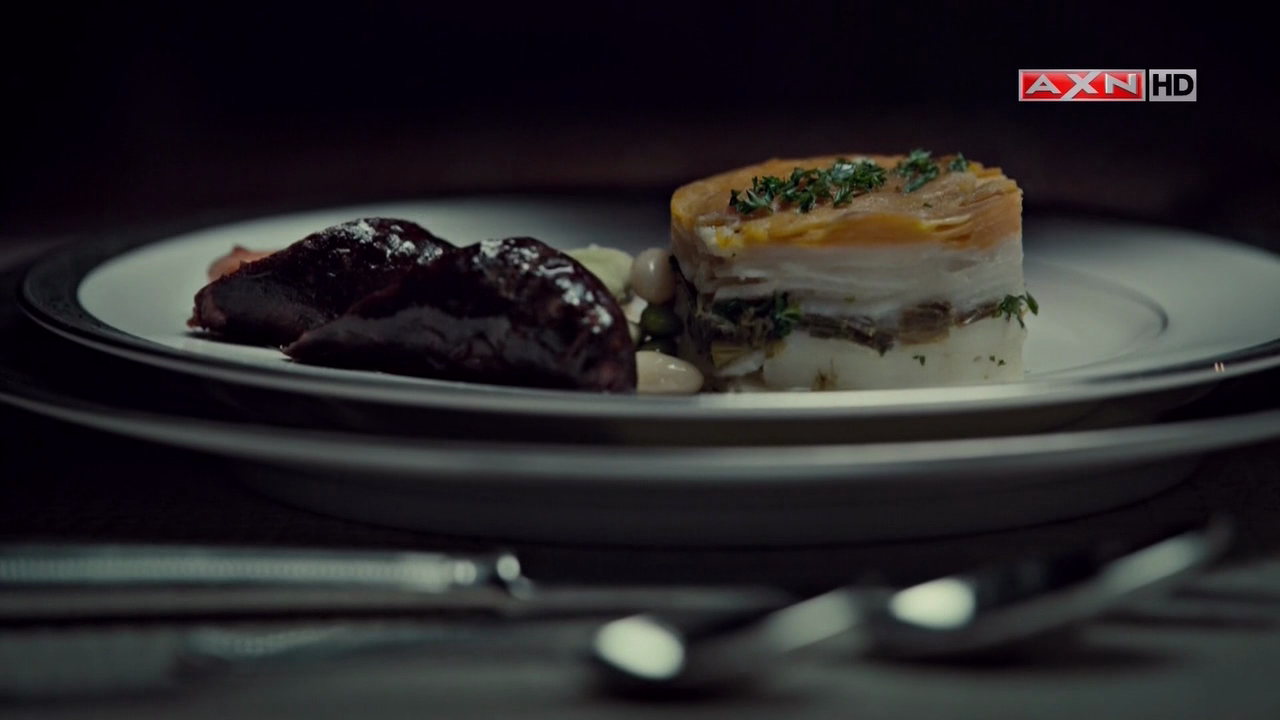 ŒEUF: One of the least nuanced titles (and indeed episodes) of the show, œuf simply means eggs, a straightforward reference to the episode’s themes of family and parentage.
ŒEUF: One of the least nuanced titles (and indeed episodes) of the show, œuf simply means eggs, a straightforward reference to the episode’s themes of family and parentage. 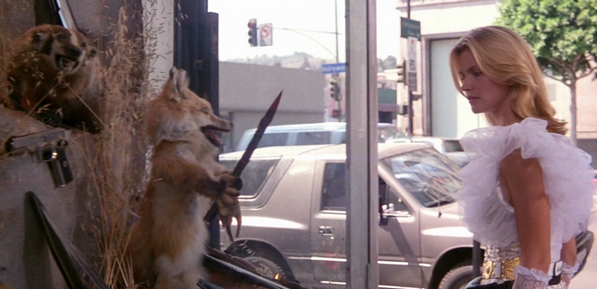 Happy April 14th to you all. The Shabcast is back once again (slightly more structured and sobre than last time), featuring the return of one of my favourite semi-regular guests, our very own Josh. This episode is a tie-in with
Happy April 14th to you all. The Shabcast is back once again (slightly more structured and sobre than last time), featuring the return of one of my favourite semi-regular guests, our very own Josh. This episode is a tie-in with 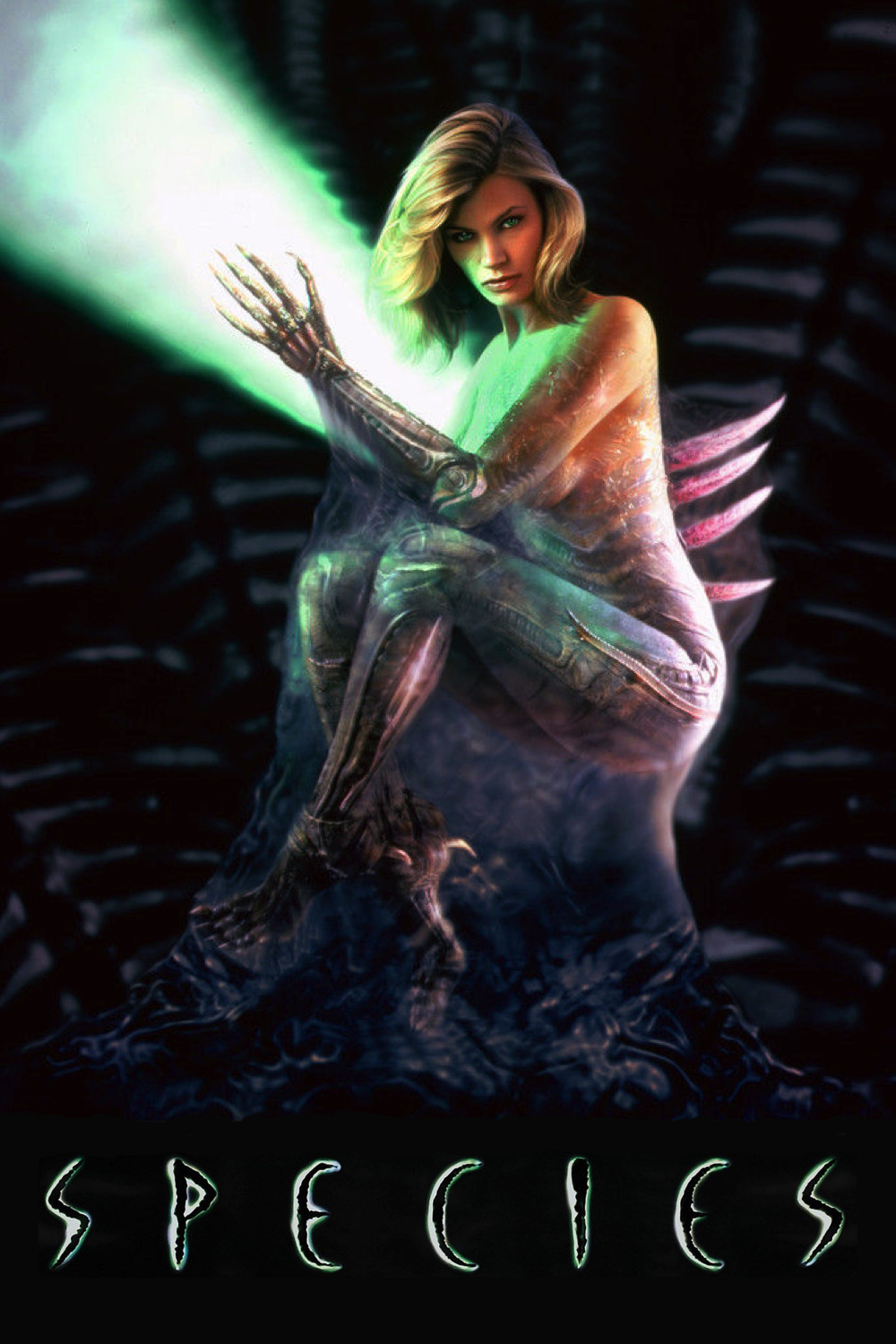 1995 was a major turning point in my association with pop culture. It was the year my family first got satellite TV, and while this meant I finally had access to television besides three channels of varying degrees of snow for the first time ever, it also meant the end of my association with Star Trek for five years.
1995 was a major turning point in my association with pop culture. It was the year my family first got satellite TV, and while this meant I finally had access to television besides three channels of varying degrees of snow for the first time ever, it also meant the end of my association with Star Trek for five years.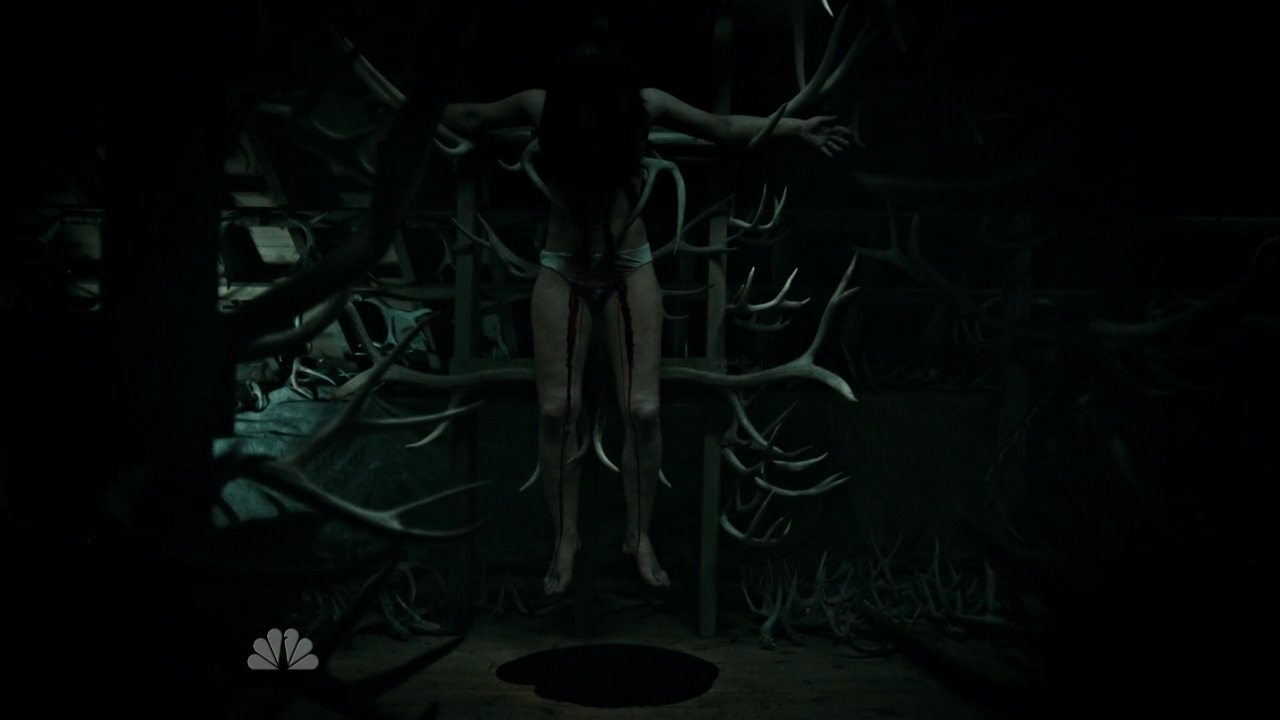 POTAGE: A thick soup, and a rather striking shift in the heartiness of courses that would probably destabilize a meal coming before egg and oyster courses. In this case, it flags the fact that this is an episode concerned entirely with the larger arc as opposed to with a killer-of-the-week.
POTAGE: A thick soup, and a rather striking shift in the heartiness of courses that would probably destabilize a meal coming before egg and oyster courses. In this case, it flags the fact that this is an episode concerned entirely with the larger arc as opposed to with a killer-of-the-week.